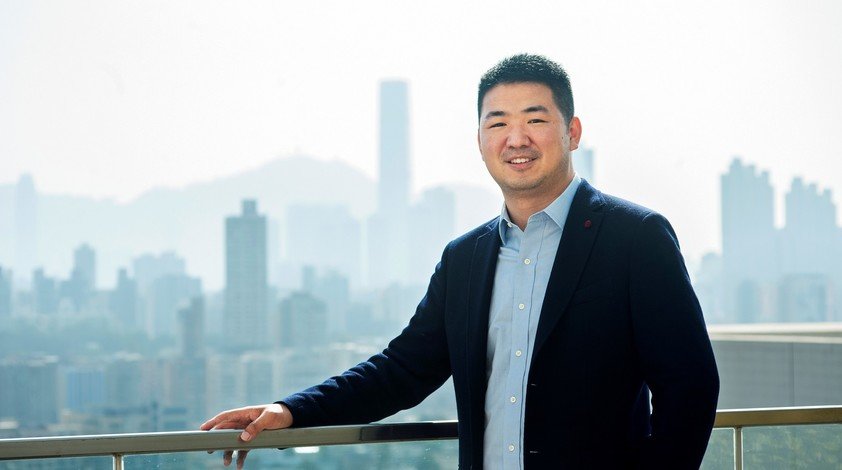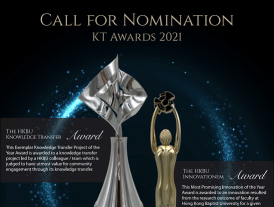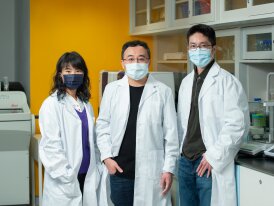
Talent 100 Series: Dr Gao Meng
Care for the air

Dr Gao Meng, Assistant Professor of the Department of Geography
Dr Gao Meng's fascination with air and the climate started with an interest in clouds.
When he was a young boy in Nanjing, he enjoyed watching clouds and became enthralled with their various shapes and forms. "I want to understand why clouds are different in different places," says Dr Gao, Assistant Professor of the Department of Geography.
His curiosity in atmospheric phenomena was heightened when one night he saw a heavy haze engulfing the city. "The visibility that night was very, very low. My teacher warned us it wouldn't be good for our health to go outside," he says. "That was the first time I came across the problem of air pollution. I wanted to understand more about it so that I can help contribute to solving it."
Understanding air pollution
The ultimate goal of my research is to understand the formation of air pollution, which is key to finding a solution.
Dr Gao Meng
Department of Geography
That sense of discovery and mission has defined much of his scientific work. His research now focuses on air quality modelling, chemistry-climate interactions and environmental health. "The ultimate goal of my research is to understand the formation of air pollution, which is key to finding a solution," he says.
After obtaining both a master's degree and a PhD in chemical engineering at the University of Iowa in the US in 2015, Dr Gao worked as a post-doctoral fellow at Harvard University. He was part of the team at the Harvard-China Project on Energy, Economy and Environment, where he worked with a diverse group of experts to conduct studies on the global challenges of climate change, air quality, energy systems and economic development. "The sources of air pollution and climate change are associated with the use of fossil fuels, so we were investigating how to use clean energy in a feasible way," he says, adding that cross-disciplinary research collaboration can help ensure a realistic and balanced approach towards using renewable energy and maintaining economic growth.
Using research to make a difference
The opportunity for research in his focused fields and interdisciplinary collaborations attracted him to join HKBU under its Talent100 recruitment initiative two years ago. "The six new interdisciplinary research labs established by the University are instrumental in advancing research in focused areas," he says.
His research work has won him a number of accolades, including the Atmospheric Sciences Division Outstanding Early Career Scientists Award 2020 from the European Geosciences Union. He was named as one of the 30 outstanding people in China under the age of 30 in the field of science and medical health in 2020, according to the Forbes China 30 under 30 list. He is also a member of the World Meteorological Organization's Global Air Quality Prediction and Information System Steering Committee.
Dr Gao has not spared himself in his quest to help curb air pollution. In the last year alone, he has published five papers as first or corresponding author on air pollution and the impact of climate change in China and India. He says, "These two countries have undergone rapid developments, and particularly in India, more high-quality studies on air pollution need to be done. I'd like to do something to help."
There is no quick fix for air pollution, Dr Gao says. The role of scientists is to understand the problem and provide scientific evidence and recommendations for the authorities to design policies which can confront these global challenges. He says, "Air pollution is like a discipline of its own, and there are many issues to be addressed. Our research outcomes can provide a better understanding of the problem and make a real impact through helping countries develop effective solutions."
Previous News
11.03.2021
Next News



